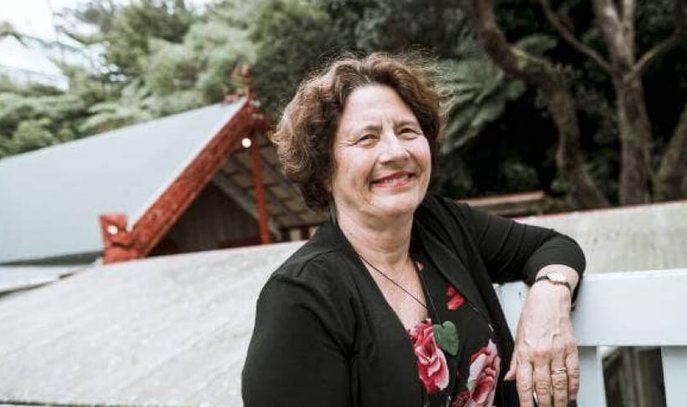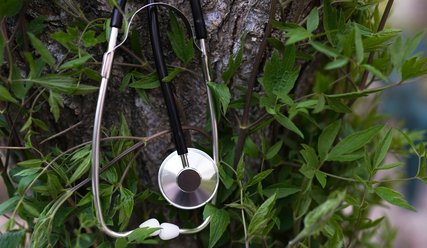Dr Bev Lawton – a driving force for women’s health
If you needed to find an advocate for women’s health, there is no need to look further than Distinguished Fellow Dr Bev Lawton. A driving force behind numerous research projects on women’s and children’s health, she has initiated changes in policy and practice both in New Zealand and abroad. She is a staunch advocate for all women but is particularly determined to remove the obstacles wāhine Māori and tamariki face when it comes to accessing health care services. Her passion for women’s health grew during her time as a GP.
“As a female GP, my patients were mainly women with an occasional male (usually under five years of age). I really enjoy women’s health and having the privilege of doing primary obstetrics and the diploma in the past was a huge help to my clinical practice.” I could see health challenges wāhine were facing,” she says.”
“I could see where the system was letting them down and where work needed to be done to deliver the services women needed. For example, the menopause clinic I co-founded came about because women were coming to me and saying they were experiencing these symptoms but there didn’t seem to be anything to help them.
“Menopause wasn’t taught at medical school at the time and many GPs simply didn’t know what was normal, what wasn’t, and what could be done to treat or alleviate some of the more challenging effects.
Currently, Dr Lawton’s main concern is the ongoing delay to roll out a cervical cancer screening programme that uses a quick, easy, pain-free and cost-effective self test. The test, which allows women to perform a vaginal swab in private, identifies the 16 and 18 HPV virus strains most likely to cause cervical cancer, which is preventable when found early enough.
“Currently, cervical screening is carried out via by an invasive and uncomfortable smear test, a procedure that takes time and resources and is hard for many women,” says Bev.
About 180 Kiwi women get cervical cancer every year, and 50 of those die. Māori women are more than twice as likely as Pākehā women to be diagnosed with, and three times more likely to die from, the disease.
“The new proposed programme isn’t women-centred, its geared to the limitations involved in carrying out colposcopies,” says Bev. “The self-test is more effective than a smear because it identifies HPV 16 and 18 straight out of the gate and prevents more cancers. It is more accessable for women and it will save lives.”
Her frustration at the announcement that the self-test will not be rolled out until 2023 is palpable.
“We will continue to advocate because the current programme is simply not good enough, the delay is not good enough and women will die because of it,” she says.

Dr Lawton’s roles and top achievements
- Officer of the NZ Order of Merit for services to women’s health.
- Disguished Fellow of The Royal New Zealand College of General Practitioners.
- Founder and director of Te Tātai Hauora o Hine (the Centre for Women’s Health Research) at Victoria University.
- Co-founder of the Wellington Menopause Clinic during her 17 years working as a GP at the Newtown Medical Centre in Wellington, Bev (Te Aitanga-a-Hauiti).
- Member of the Technical Reference Group Primary HPV Screening (National Screening Unit).
- Member of He Hono Wahine (Māori Health Committee).
- Member of The Royal Australian and New Zealand College of Obstetrics and Gynaecology.
Related

11 September 2025 | College and members
GPs want patients to be seen, heard and known

21 May 2025 | College and members
Budget 2025 opinion: We don't need to create a new health service, we need to invest in the current one

26 March 2025 | College and members